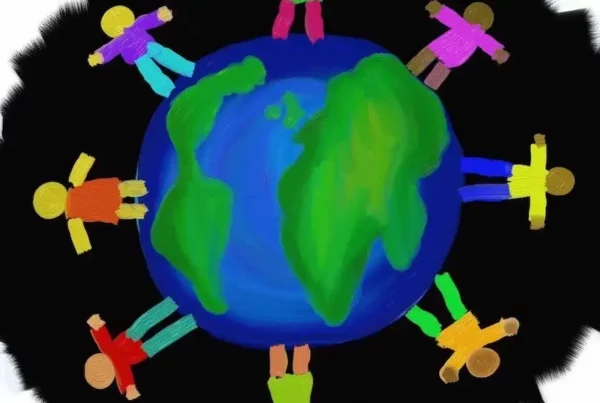The Global Plant Council (GPC) is currently a coalition of 27 national, regional, and international organizations representing plant, crop, agricultural, and environmental sciences from around the world. The aim of the GPC is to promote plant science across borders and disciplines, to support those involved in research, education, and training and to increase the awareness of plant research in science and society. More specifically, the goals are to:
- Facilitate the development of the plant science community and to help members around the world respond to the growing challenges relevant to the plant sciences.
- Foster international collaborations and enable the effective use, uptake and dissemination of knowledge and resources.
- Provide an independent and inclusive forum to discuss policy and foster interactions with those involved in plant and crop research, training, education, and public outreach.
- Raise awareness and debate topical issues relevant to the plant science community
To further these goals the GPC communicates daily with researchers, practitioners, educators, policymakers, and the public using a range of platforms and online tools tailored to different audiences.
The GPC strategy for 2021-2022 will continue with a range of activities and special programs as well as identify new initiatives to further our aims.
Our current strategy relies on the following activities:
- daily publish breaking news on plant science developments and further develop our general social media strategy
- support ECRs and the #PlantSciJobs actions
- support member organizations to promote plant science
- increase the disciplinary depth and breadth of the GPC through building networks and collaborations among members, old and new sponsors and journals
- increase public outreach by supporting members with training and resources
- Support UN International Year of Fruit and Vegetables (2021) and the UN International Year of Plant Health (2020), both of which were disrupted by the pandemic.
GPC will continue with the following special programs:
- Raising awareness through seminars and media on the issues and conflicts around sharing information, the Nagoya protocol, and the Convention on Biodiversity, Material Transfer Agreements, via the working Group on the DSI (Digital Sequence information)
- Running the Webinar series on various themes including communication strategies to reach new audiences, international research linkages and science odysseys.
We propose an additional special program called “Eating at the bottom of the food chain”
We will facilitate global initiatives that endeavor to shift food consumption towards more plant-based diets. The EAT-Lancet project proposes the value of a flexitarian diet (predominantly plant-based) as a way to simultaneously achieve food security, improve human health, reduce carbon emissions and maintain biodiversity. Areas to be discussed include: the ecology of food; improvements in plant and agricultural productivity and the environmental impact of food production.







